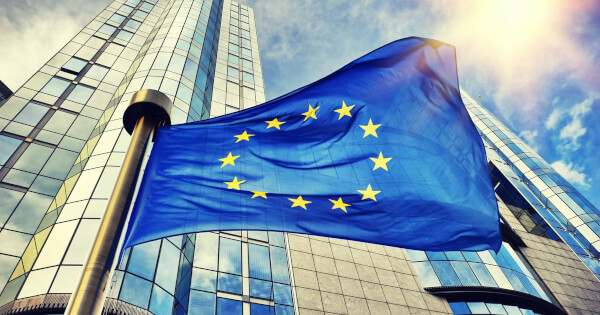
A majority of members of the European Parliament voted in support of establishing a mandate for interinstitutional discussions to bring about a digital wallet that is applicable throughout the whole EU. The new European Digital Identification (eID) framework plans to develop what will be known as the European Digital Identity Wallet. This wallet will be a digital one that EU people and enterprises may use (EDIW). The digital wallet gives individuals and businesses in the EU the ability to store their identity information, such as names and addresses, as well as digitized documents, such as data from bank accounts, birth certificates, diplomas, and other documents that can be used across international borders.
The eID modifications that were proposed by the ITRE committee contain the norm of zero-knowledge proofs. This provides EU individuals with complete control over their identification data. This would make it possible for individuals to identify and verify themselves online without having to rely on commercial providers, which is the practice that is now being followed and which has given rise to problems over trust, security, and privacy.
The electronic identification legislation proposal is scheduled to be presented in June 2021. Its purpose is to provide EU residents an approach to accessing internet services that is both safe and simple to use. The development of a digital wallet would make it possible to store personal data in a way that is both safe and secure, and it would also give an alternative to using commercial providers. The modifications that were approved in February by the ITRE committee will serve as the foundation for the stance that the European Parliament takes throughout the negotiating process.
The transition toward a unified digital wallet throughout the EU has the potential to improve the efficiency of online services and make it simpler for individuals and companies to use services that are offered in other member states. The implementation of zero-knowledge proofs would result in an increased degree of security and privacy for people, who would retain complete control over the information pertaining to their identities. The formation of a European Digital Identity is one step closer to becoming a reality as a result of the negotiations that are due to begin immediately on the final form of the law.


